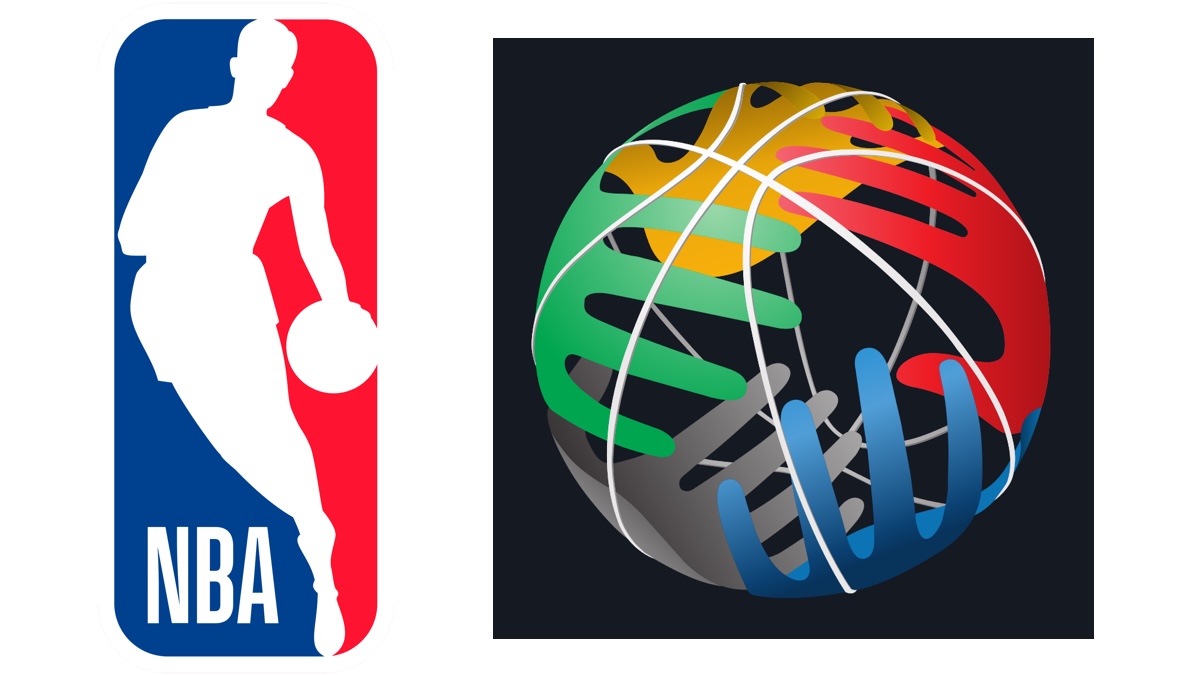
The NBA and FIBA announced a joint exploration of a new professional men’s basketball league in Europe following the NBA’s Board of Governors meeting in New York, the most concrete step after discussions began more than a year ago with prospective investors, teams, arena developers and commercial partners.
Specifics are few, with the initial target being a 16-team league that would likely use FIBA rules, such as a 40-minute game instead of the NBA’s 48-minute model. The new league could carry some sort of NBA branding and would be part of the current European club system so that teams would also play in their respective national leagues.
The announcement was made by NBA Commissioner Adam Silver and FIBA Secretary General Andreas Zagklis following the NBA Board of Governors meeting and the FIBA Executive Committee meeting earlier this month in Mies, Switzerland.
“We feel now is the time to move to that next stage,” Silver said, noting that NBA owners offered “enthusiastic support” for such a move. He added “the response we’ve gotten from the marketplace is very positive.”
In addition to permanent teams, the league would offer clubs a pathway to qualification through the European basketball system. One of the ideas being floated is to have as many as four spots available to be reallocated through relegation, something popular in European leagues but nonexistent in major U.S. sports.
About one in every six current NBA players hail from Europe, including Denver’s Nikola Jokic (Serbia) and Milwaukee’s Giannis Antetokounmpo (Greece) — who have combined for five of the past six MVP awards — along with the Los Angeles Lakers’ Luka Doncic (Serbia) and San Antonio’s Victor Wembanyama (France).
“The European basketball community is proud of its seven-decade history of international club competitions and the elite talent it develops,” said Zagklis. “Yet given the sport’s popularity and the success of national team competitions, there is untapped potential in European club basketball. A new league in Europe would combine the NBA’s business acumen with the international expertise of FIBA to attract new basketball fans and investors alike, maximize club benefits, and establish synergies for the benefit of all stakeholders.”
As part of a new league, the NBA and FIBA would also plan to dedicate financial support and resources to the continued development of European basketball, including club team academies and the NBA and FIBA’s existing programs to develop players, coaches and referees.
“Given the opportunity to design a league from scratch, one of the things we’re looking at is what are the best elements we can take of both systems,” Silver said.






























 Copyright © 2025 by Northstar Travel Media LLC. All Rights Reserved. 301 Route 17 N, Suite 1150, Rutherford, NJ 07070 USA | Telephone: (201) 902-2000
Copyright © 2025 by Northstar Travel Media LLC. All Rights Reserved. 301 Route 17 N, Suite 1150, Rutherford, NJ 07070 USA | Telephone: (201) 902-2000